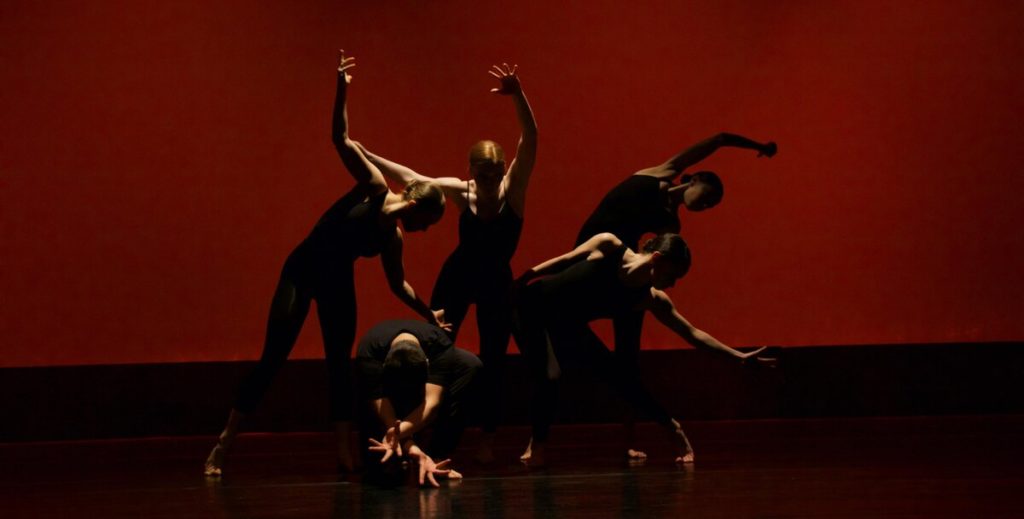
Jung teaches that soul and spirit have a home in a living body, the font of psyche’s images and means of their incarnation in the world. Embodiment is the ground of being, and engaging the tension between instinct and archetype shapes consciousness and character. Jung identified five instincts: creativity, movement, sexuality/eros, hunger in its many manifestations, and the ability to reflect and make meaning.
If Pinocchio’s task was to humanize his instincts, much of modern man’s mission may be to re-establish vibrant connection with instinctual life. Jung says, “The archetype as an image of instinct is a spiritual goal toward which the whole nature of man strives; it is the sea to which all rivers wend their way, the prize which the hero wrests from the fight with the dragon.” The rigorous refining of instinct through embodied, conscious action is the path toward wholeness.
Dream
“I was waiting for a young man to pick me up for our second date, but he was late. I was in a park and there was a fair, and I ran into some of my childhood friends who were quite surprised about my date. So they started harassing me with questions about who he was and, mostly, why he was late. I didn’t have his phone number, so I didn’t know. I had with me a backpack, laptop, kindle, handbag, another bag and my stuff kept falling on the ground, and I had to pick it up over and over. It was raining hard, hours had passed and I decided to walk through the fair. There I bought a unicorn-shaped mug, that immediately fell off my hands and became ash as it hit the ground. I was tired and cold and went sitting under a large tree. In the tall grass, emerged a group of people who were shooting at wild ducks.”
To learn more about dreams, check out Dream School — This Jungian Life’s 12- month online course on dream interpretation.
Reference:
Bessel van der Kolk: The Body Keeps the Score: Brain, Mind and Body in the Healing of Trauma (Amazon).

Could you please direct me to the source for the Montaigne quote Lisa shared at about time stamp 27:00?
Hi Tina. Ian McGilchrist quotes Montaigne in his book “The Master and His Emissary.” It comes from his work called ‘On Presumption’ in Essais, Book II:17 (1993, p. 738)
Great conversation. I’m glad that you addressed the extraordinary difficulty of the schizoid person to incarnate into their bodies. Even at year four of my analysis, despite all the knowledge and consciousness i’ve accumulated, actual change and the ability to embrace my physical body is slow in coming. One of the ways this comes across in dreams is a “cruel anima” that manifests in dreams …. anima figures that are not available, open or receptive. Emotionally this is paralleled with a lack of access to joy and lack of vitality and libido. Emotional flatness and sadness at having no real peace in the body. I gradually was able to understand a central issue is an entanglement of the anima with the negative mother complex. Parsing apart these two has been a central part of the healing process. One of the best texts that has helped me is Stephen M. Johnson’s “Characterological Transformation: The Hard Won Miracle” where he has a section on “Healing the Hated Child.” Johnson marries Jungian thought with lots of other techniques in a very sensitive and sophisticated way to help that Analyst lead the schizoid thru to healing. My dreams seem to show progress…but it’s hard going.
I’m not quite satisfied with the seemingly very optimistic dream interpretation. One thing that seems overlooked is the fact that the dreamer never says that the man coming to her is a hunter – he is merely coming from that direction. He appears to be a hunter, therefore, but what exactly is he? An element of her psyche which becomes manifest when she attempts to take control (note that even so she is still passively waiting)? Another man she is getting involved with – in her own words – in “a difficult relationship” which again is going to become “abusive and traumatic”? Her waiting and frustration of not having control over the things she owns makes her attempt to take control of this waiting by wandering through the fair. But nothing in the dream suggests that she can do that. Things keep falling out of her hands, suggesting she keeps losing control over them, and her fantasies turn to ash when she tries to take ownership. In the dream the gloom doesn’t end, the rain doesn’t stop, and it feels physically straining. So when she decides to walk through the fair the man comes, but this dream doesn’t appear to me to have a happy ending.